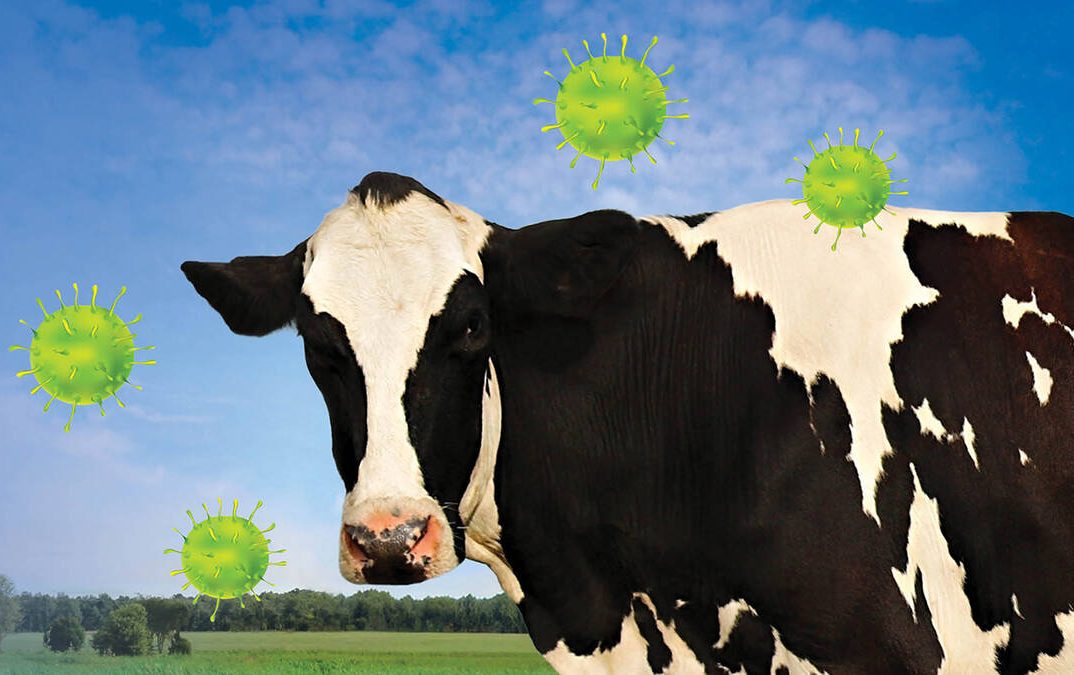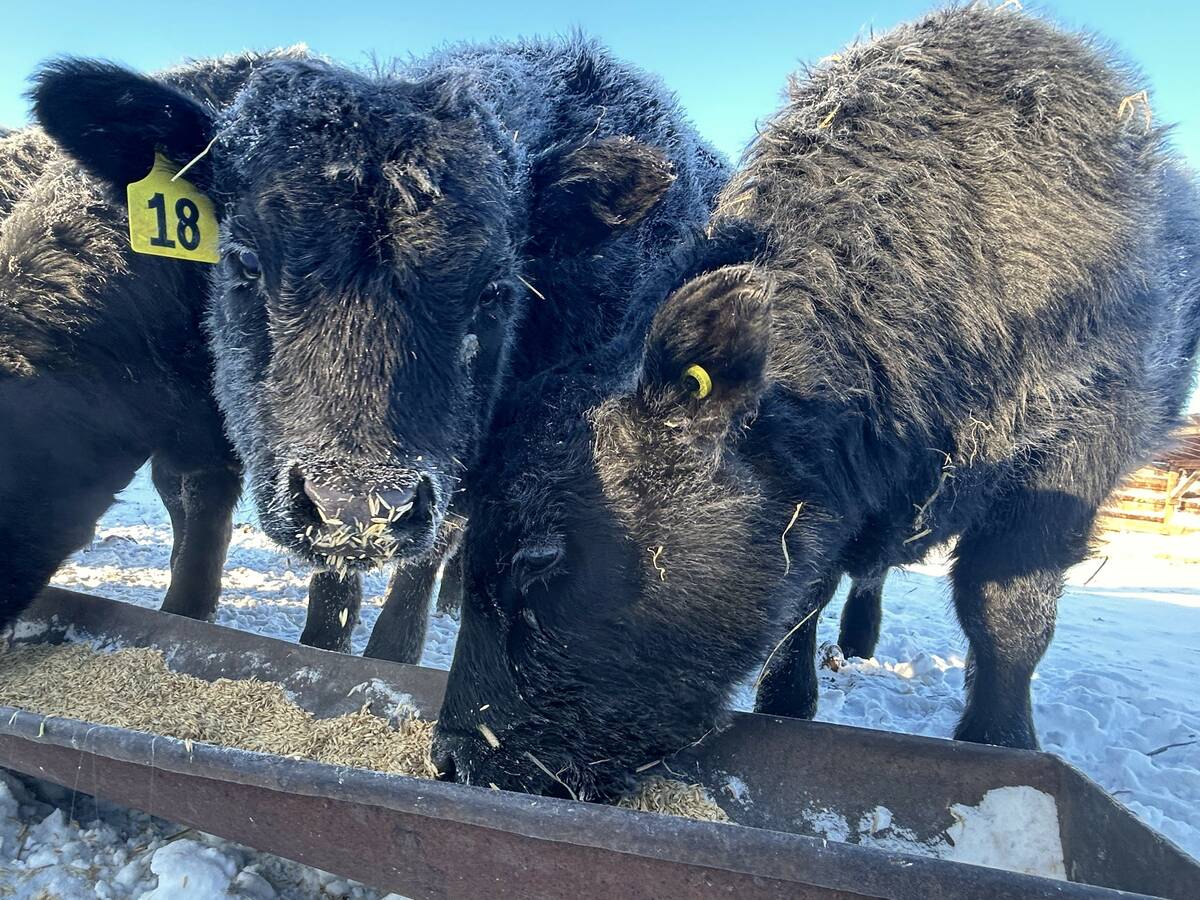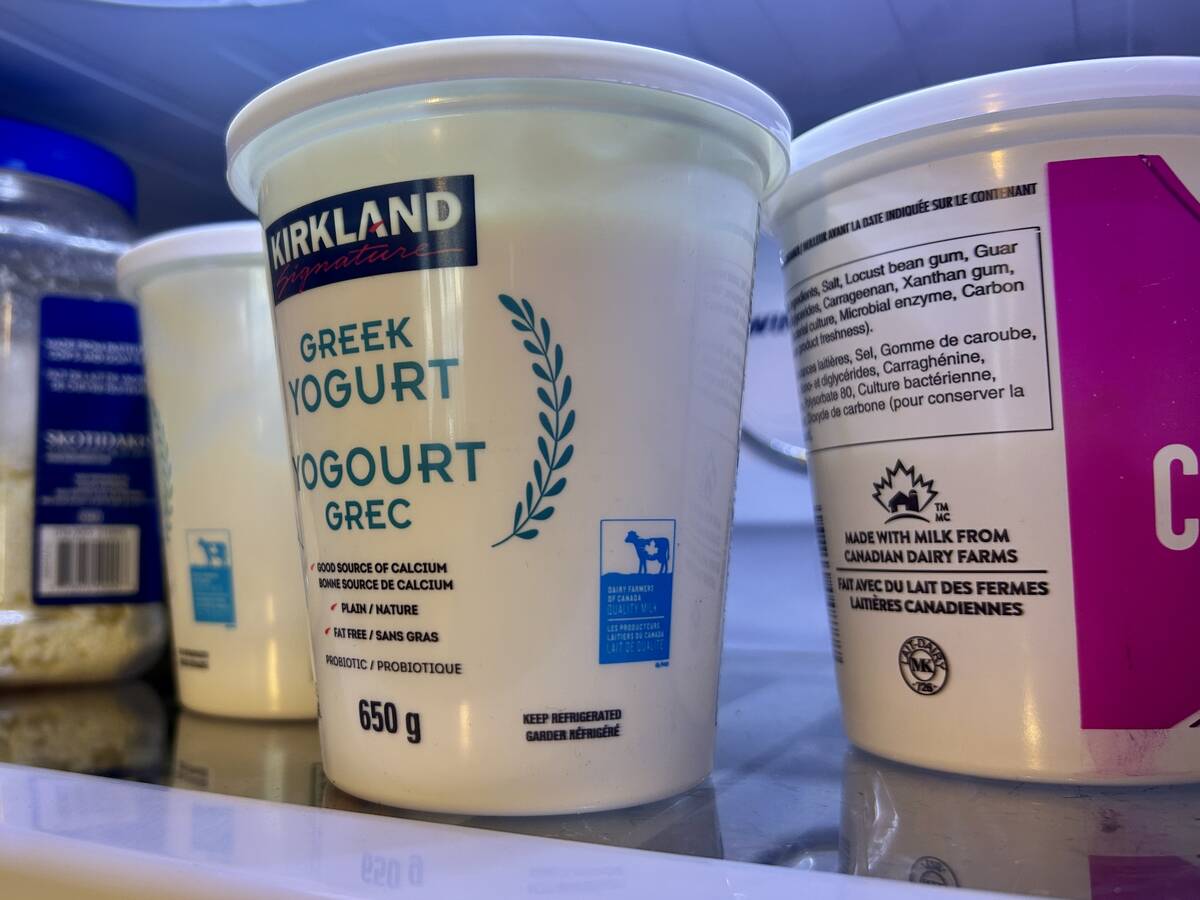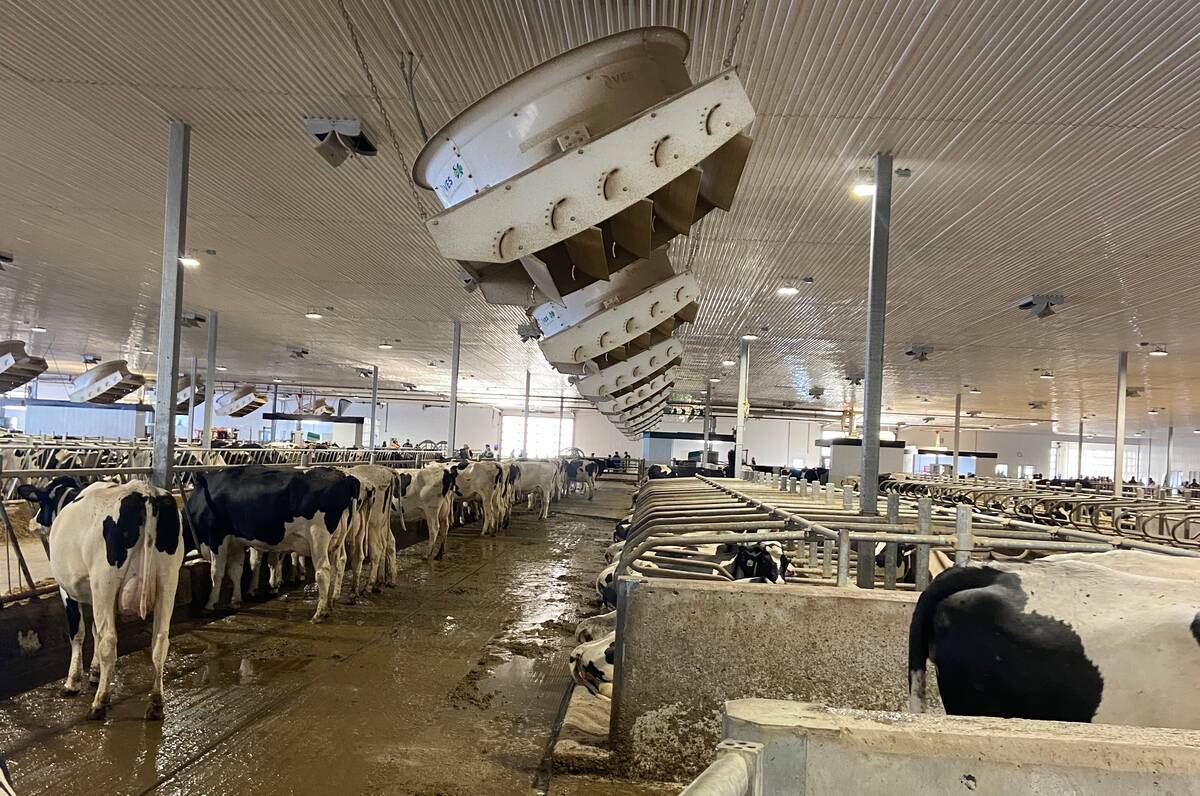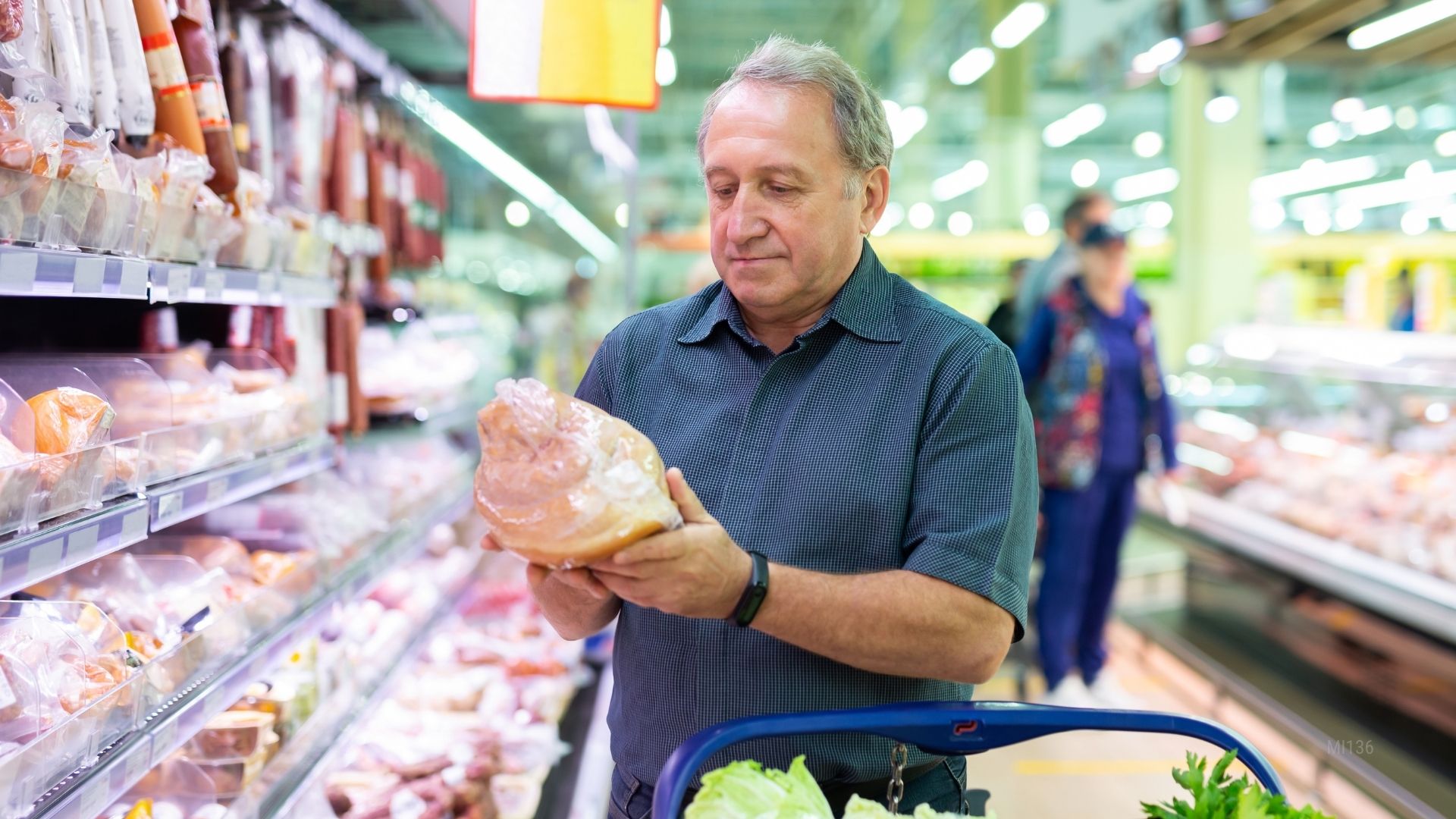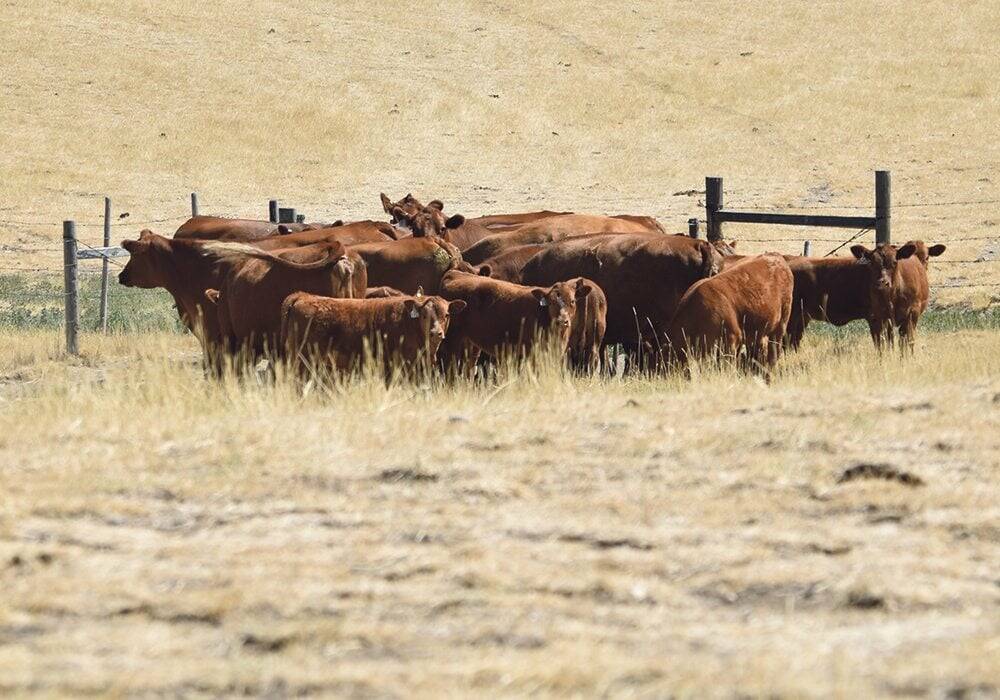
 Livestock
Livestock
Must Reads
-

Big changes ahead for dairy market
Dairy consumers put bigger eyes on protein, while CUSMA review looms large for Canada’s dairy farmers
-

The economic case for sending dairy cows to market younger
Keeping a younger, healthier dairy herd protects both cattle welfare and the dairy farmer’s milk profits, speaker says.
-

Consumers say they would purchase pork from gene-edited pigs
A new eight-country study shows more than 90 per cent of consumers are open to purchasing pork from gene-edited pigs…
-

Canadian cattle industry has wins to shout about
Canada’s cattle management has become more efficient, more humane and more knowledgeable, but industry terms may not resonate with the…
-
Manitoba cattle prices, Jan. 28
Price ranges for cattle sold at five Manitoba livestock auction markets during the week ending Jan. 27, 2026
-
MANITOBA AG DAYS: Unmoved China tariffs worrying for Manitoba pork
Manitoba pork producers and Agriculture Minister Ron Kostyshyn have both noted lack of progress on Chinese tariffs on pork.

Researchers stay on trail of bovine bird flu’s origin
A new discovery in the Netherlands, the first such finding outside the U.S., highlights the need for ongoing vigilance and risk assessment
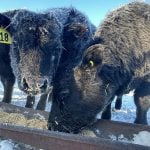
CCIA prepares to make traceability transition
Canadian Cattle Identification Agency urges cattle producers to get ready for regulations coming into effect

VIDEO: Feed Eazy bale grinder tops livestock innovation
The tub grinder is touted as a lower-priced alternative to TMR mixers for livestock producers, and won an innovation award at Manitoba Ag Days 2026

Big changes ahead for dairy market
Dairy consumers put bigger eyes on protein, while CUSMA review looms large for Canada’s dairy farmers
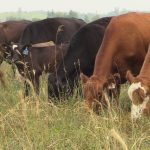
Beef industry weighs in on AAFC research cuts
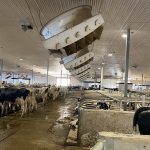
The economic case for sending dairy cows to market younger
Keeping well-raised heifers and replacing cows before they’re at risk of disease will increase production
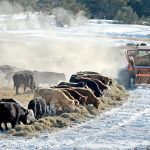
Klassen: Feeder Cattle Market Waits For Direction

U.S. livestock: Cattle rally, hogs rise

Extreme heat can overcome honey bees’ ability to regulate hive temperature Arizona study shows
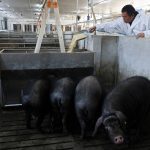


 Livestock
Livestock